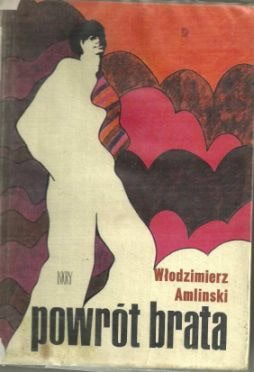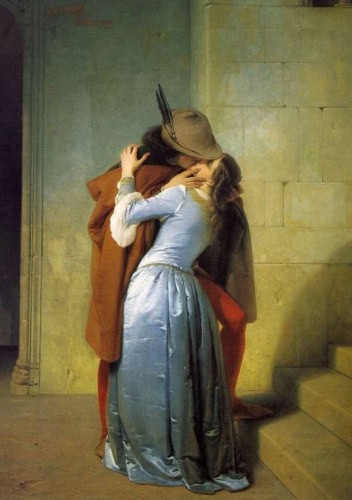James Branch Cabell – Jurgen

Here is a novel in the tradition of the troubadours, of the Romaunt de la Rose and the Chansons de Geste—of the days when „by way of diversion, gentlemen hunted and fished and rode a-hawking and amicably slashed and battered one another in tournaments: but their really serious pursuit was love-making.”
It is the story of Jurgen, who was a monstrous clever fellow, and yet willing, nevertheless, to taste any drink once—of a middle-aged pawnbroker, who regains for a period his lost youth to wander in Poictesme and Cocaigne, Leuke and Glathion, Heaven and Hell. In most of these places he meets a variety of the world’s fairest women—Guenevere and Helen, Anaïtis of Cocaigne and Dolores of Philistia, Chloris the Hamadryad and Florimel the vampire and even Mrs. Satan—and deals fairly with them all after his own manner. Here is a gallimaufry of parables, from Apis to the Round Table, by way of Russian skazki and the English Bible and Greek nature myths. Even Jurgen himself becomes a solar legend, in his own lifetime, and is forced by the philologists to abandon Cocaigne to follow the Equinox.
Cabell is a romanticist, but he is also a realist, a transcendentalist who yet knows a great deal about the earth he stands on. He looks for faith and meaning, like Jurgen, but like Jurgen he is too sober and honest a man to accept the faiths and visions offered him. It is because he is a realist and a satirist primarily, because he sees the canker in the rose, rather than for any pornographic meaning the „Tumble-Bugs” managed to read into his words, that he has been persecuted and „Jurgen” prosecuted. For fundamentally, as Guy Plolt said, „Jurgen’s” „only offense was that it embodied a plea for monogamy presented in the only convincing words.” „But where,” asked H. L. Mencken, „is there another book so beautifully contrived, so genuinely a masterpiece? It will, I believe, long outlast its day.” źródło opisu: Penguin Books USA, 1946 źródło okładki: hilobrow.com
- Wydawnictwo:
- Penguin USA
- data wydania:
- 1946 (data przybliżona)
- liczba stron:
- 275
- słowa kluczowe:
- fantasy , ironia , komedia , filozofia , wyimaginowane średniowiecze , fantastyczna Francja , amory , wampiry , rycerze , piekło i niebo , mitologia grecka , istoty mitycznebo
- kategoria:
- klasyka
- język:
- angielski





